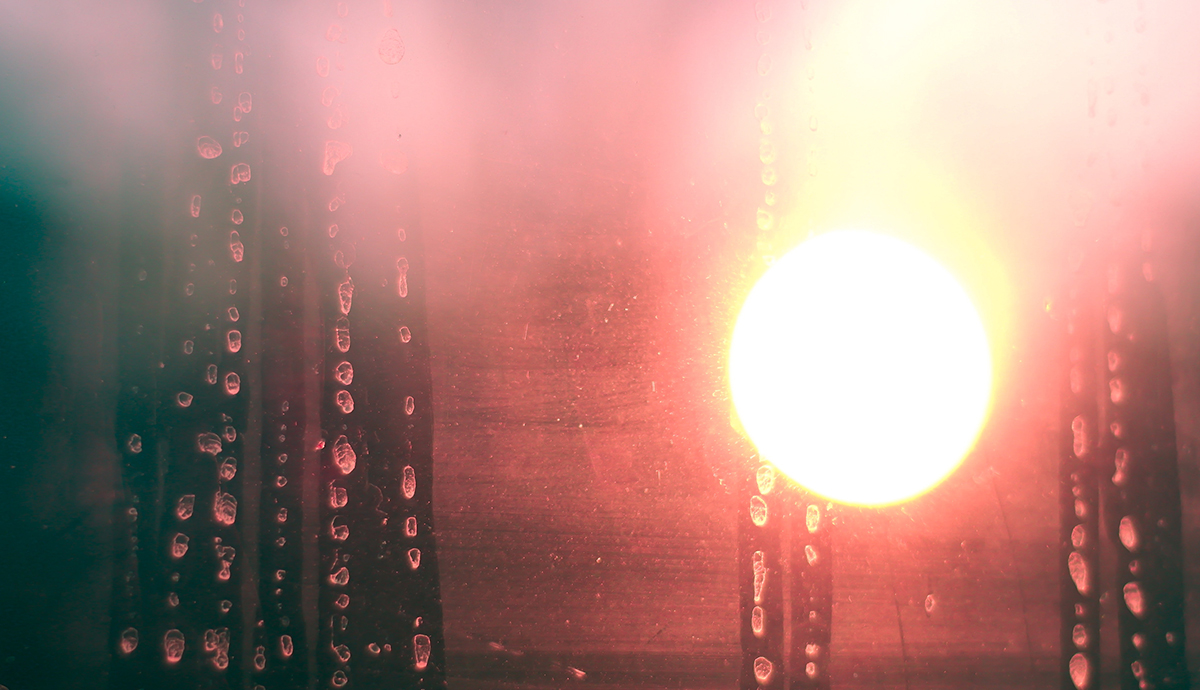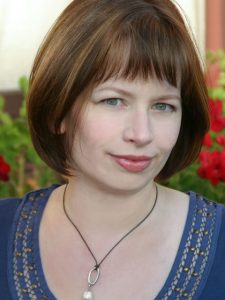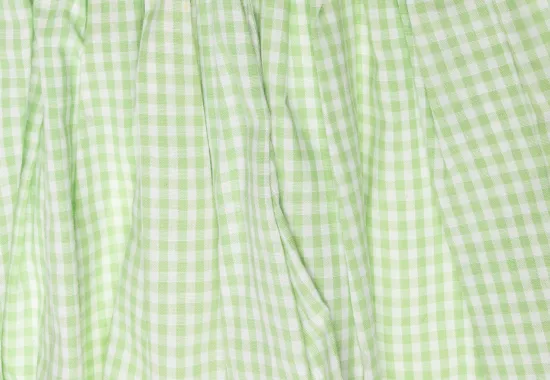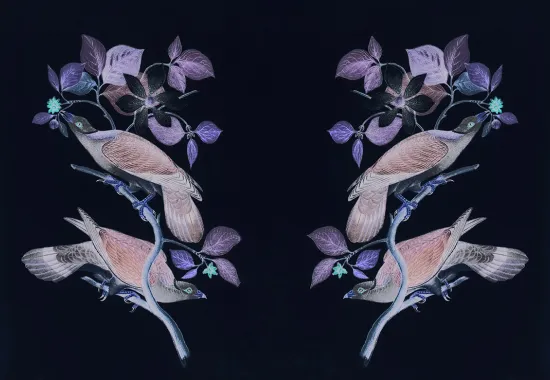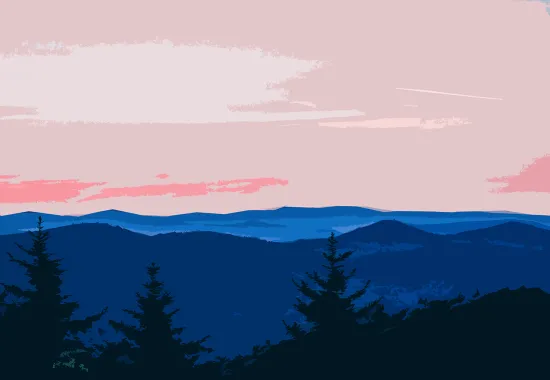“Balancing The Light And The Dark – Dispatches From The End Of The World”
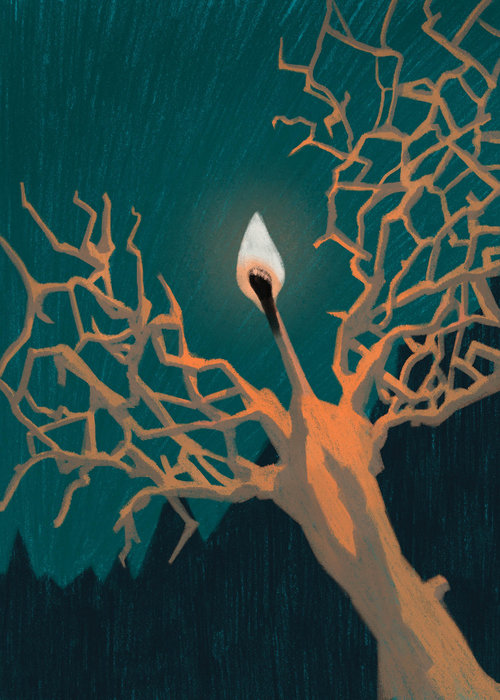
Jeannine Hall Gailey’s Poem “Repeton In Winter” Appeared In Nar Issue 301.4.
While writing my newest book, Field Guide to the End of the World, I was careful to balance its darker themes – including mass extinctions, conspiracy theories, ecological disasters, and plagues – with lighter influences, from Cupcake Wars to Anthropologie catalogs and even that icon of American comfort, Ina Garten. I was impacted, I think, by the relentlessness of the darkness in our popular culture, a little disturbed by the tones of the futuristic dystopias marketed to teen moviegoers, the endlessly grim news streams, the way our world focuses – even revels – in disaster. As a poet, I wanted the reader to come away with a sense of hope and possibility, even through visions of zombie apocalypse or nuclear war zone. In my own life, maybe not entirely successfully, I’ve tried to balance the light and the dark as well.
I’m typically a cheerful, upbeat person, but over the past few years, I’ve faced some health challenges: some unexplained neural lesions in the brain that have caused memory and motor skill problems that put me in a wheelchair for about a year, a surprise cancer diagnosis earlier this spring, and most recently, I caught pneumonia ten days before my launch party and reading for the book. You can’t shut out all the darkness in life – but you can try to find some balance. As I write this, I may be nursing a cup of hot tea and a cocktail of Benadryl and Tylenol, but there are hot-air balloons rising in the blue sky, Steller’s jays calling to each other in pine trees, the last blooms of September – fuchsia, begonia – being haunted by hummingbirds. I may have received bad news about my health, but it isn’t the first time (for instance, at 19 I was told – incorrectly, it turned out – that I had leukemia), and probably won’t be the last, and I haven’t given up yet. Every day is an opportunity for a new poem, a new chance at living.
It’s very easy to focus on the darkness; in fact, I would say most contemporary poetry tends to dwell on shadows, on uncertainty and loss – maybe it’s easier to write about, the specifics easier to reach for. It’s harder to write a good poem of pure joy, or love, or hope. I struggle to include just a little bit of those elements in my work. the way you might include honey in a vinegary salad dressing, or bitter chocolate and coffee in an otherwise sweet dessert. (See? You knew we’d get back around to the Barefoot Contessa if you read long enough!) And the writer’s life, even without the traumatic stuff, is so full of little stings and disappointment – we didn’t get such and such a prize for the book we spent five years on; we get rejection after rejection, spending time crossing entries off our submissions Excel spreadsheets. Every writer experiences, probably, on average, at least ten to twenty times as much disappointment and rejection as they do acceptance, praise, and the related elation. So there has to be something unreasonably hopeful in the act of continuing to create poems, stories, essays that maybe no one will read or comment on, creating something that goes out into the universe and tries to make a spark.
I hope my newest book is successful in evoking not only the dark, smoky skies of post-apocalyptic landscape, but also the human desire to survive and thrive despite disaster, despite sadness and struggle. I hope it manages to make poetry that’s a little – dare I say it – fun to read, as well as thought-provoking. I’ve been contemplating mortality – that most poetic of enterprises – and been thinking, I’m thankful for the good things I’ve encountered, the people I’ve loved and the experiences I’ve gotten to have. I’m living the life I want to live, and I’m reaching for light.
Recommended
The Shirt
After Hearing David Rothenberg Sang with Birds
Frothing Pink Poodle Droppings


